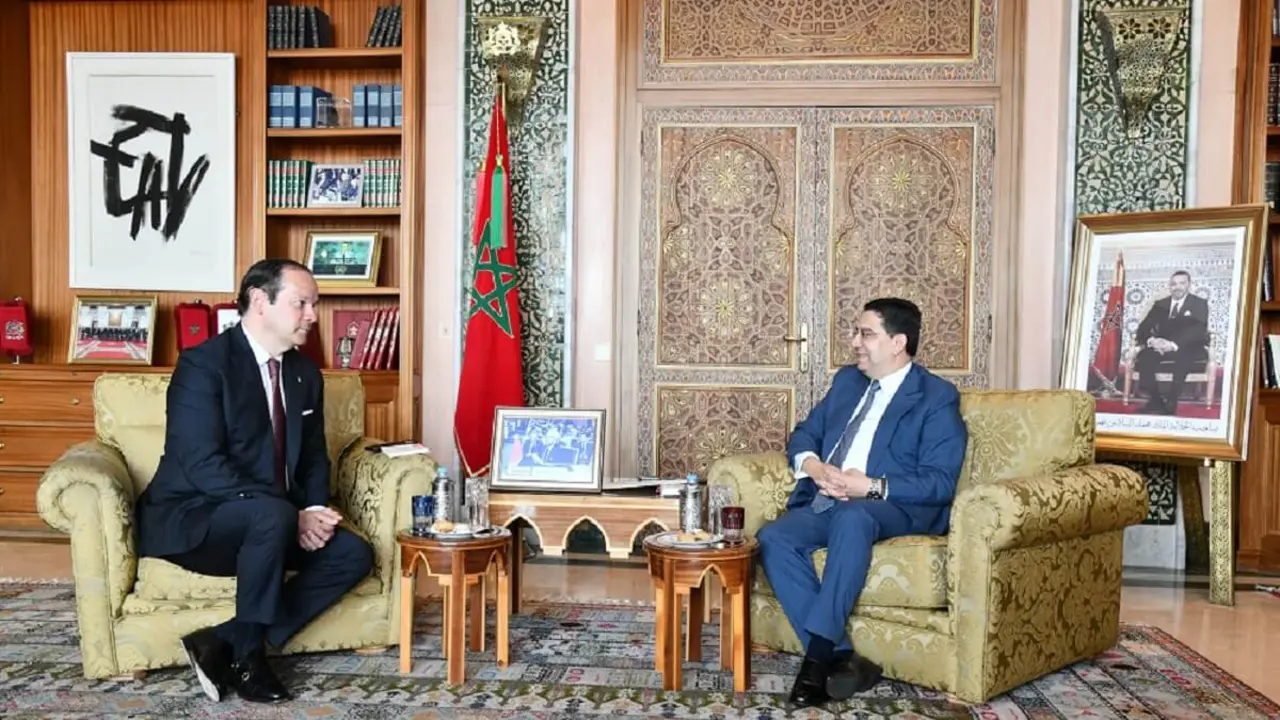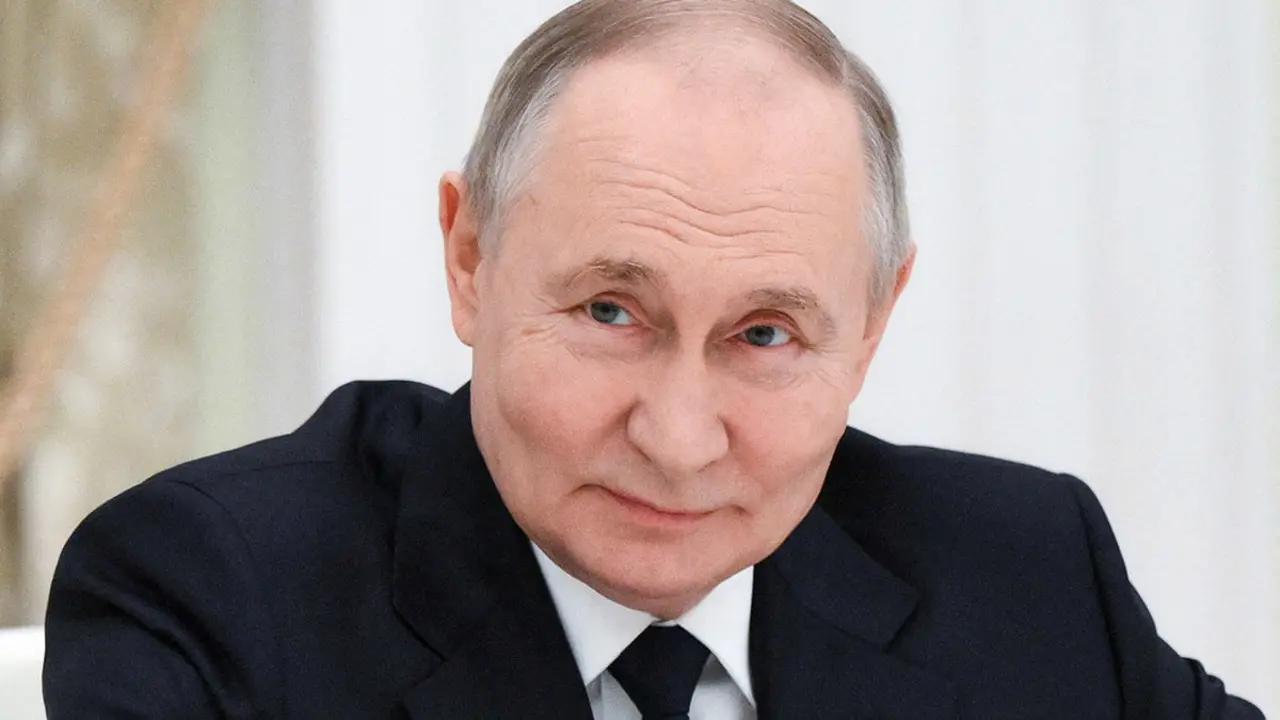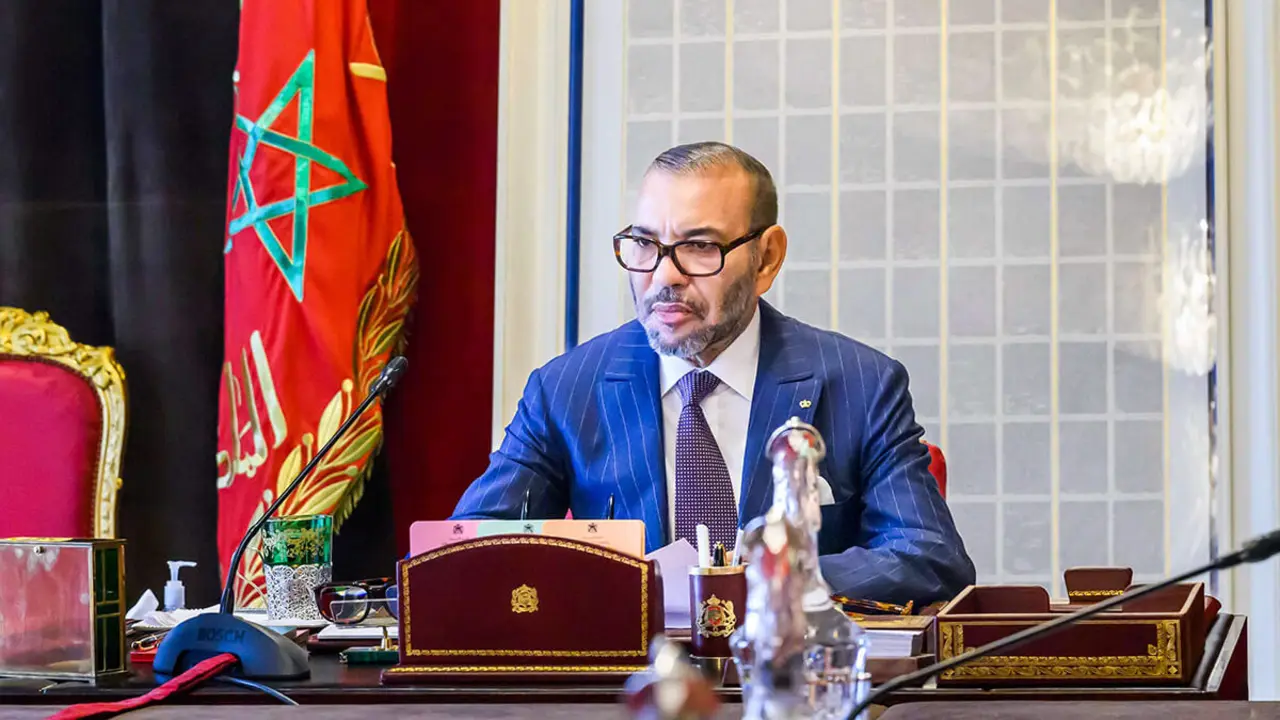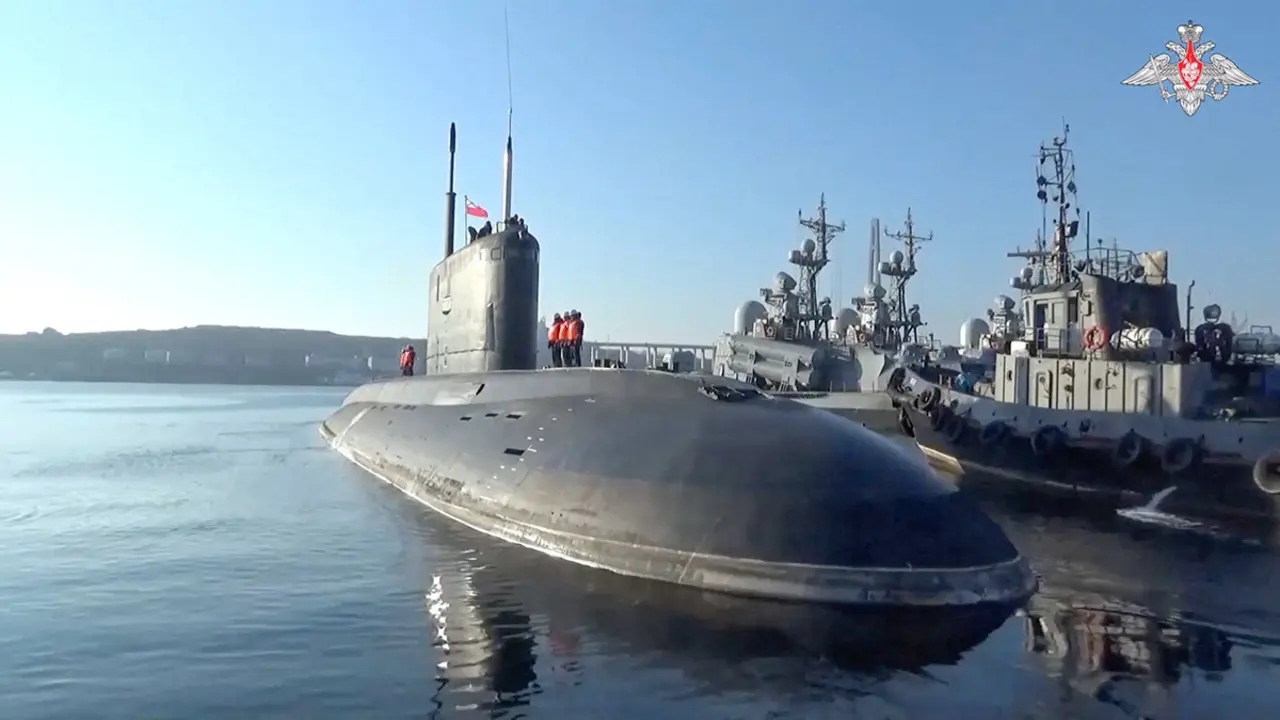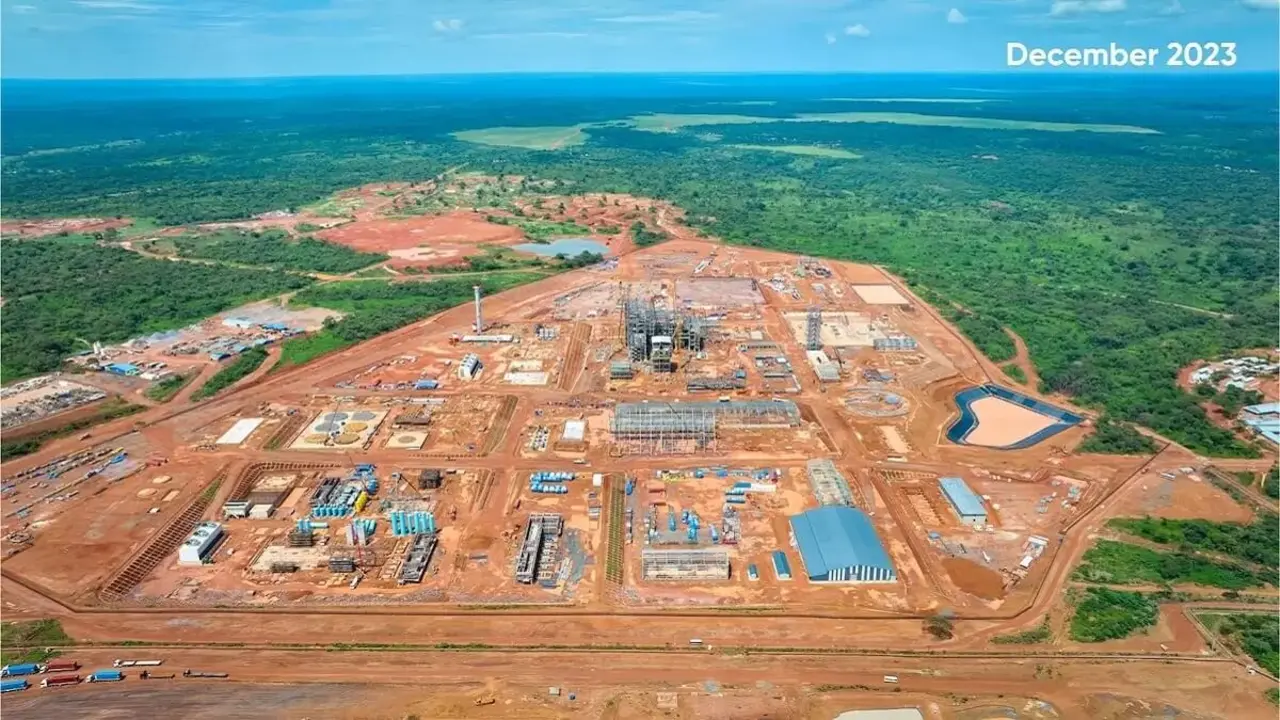Sánchez calls general elections after heavy defeat in municipal and regional elections
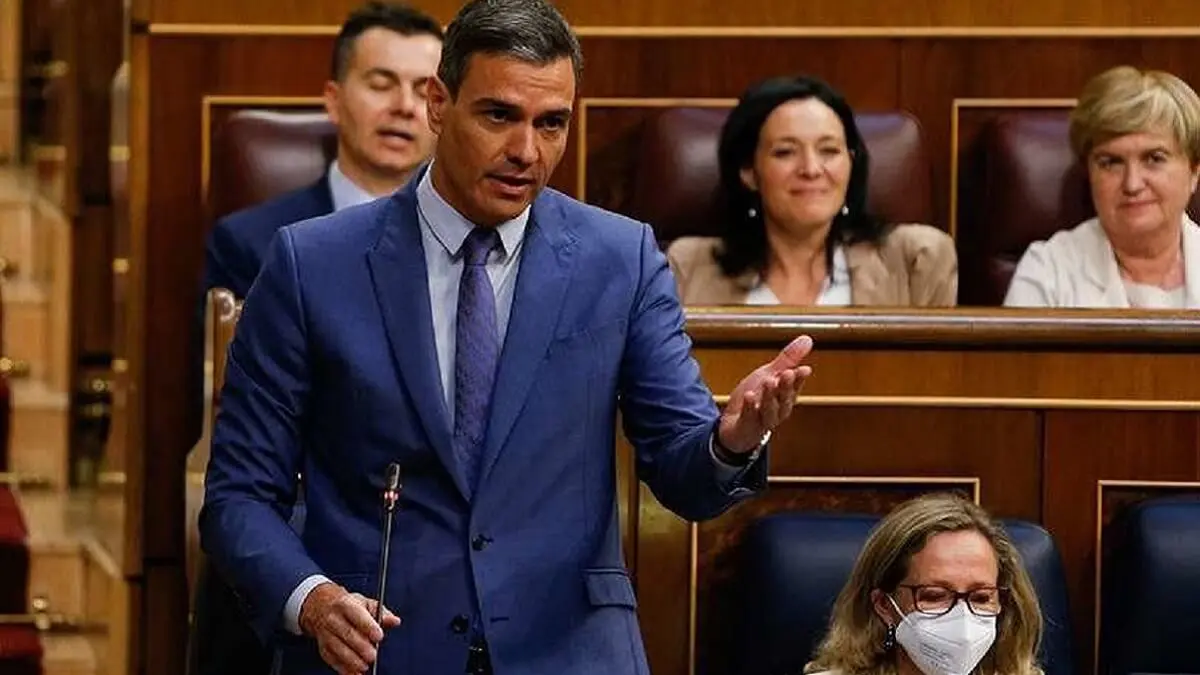
The prelude to the next general elections has stained the map with a blue tide. So much so that Ferraz has decided to put an end to the government and call elections for 23 July. Not even the temptation to take over the presidency of the European Union has managed to avoid what Spaniards were clamouring for at the polls yesterday. The municipal and regional elections have made it clear that the PP's advance has a chequered flag waving at the door of the Moncloa. The PP president, Alberto Núñez Feijóo appeared alongside the two big winners, José Luis Martínez-Almeida and Isabel Díaz Ayuso in what may be an image that will be repeated in two months' time.
The avalanche of support for Feijóo's party has given the Socialist Party no option, which has only managed to maintain its absolute majority in Castilla-La Mancha. Emiliano García Page will remain at the helm of the Manchegan presidency, while Guillermo Fernández Vara has not managed to hold on in Extremadura, which could turn blue - and green -. A 28-seat tie between the Socialists and the Popular Party forces the blue party to make a pact with Vox, which, as it has made clear on numerous occasions, will demand to enter the government if it wants to count on its five key deputies.
El presidente del Gobierno, @sanchezcastejon, ha comunicado al jefe del Estado su decisión de convocar un Consejo de Ministros esta tarde, para disolver las Cortes y proceder a la convocatoria de elecciones generales.
— La Moncloa (@desdelamoncloa) May 29, 2023
Los comicios se celebrarán el domingo 23 de julio. pic.twitter.com/LU7WI7fEze
Something very similar, if not identical, to what is happening in the Valencian Community, Cantabria, Aragon, the Balearic Islands and Murcia. In all of them, PP and Vox have an absolute majority, but the support of Santiago Abascal's party will not come cheap. They want to enter governments and are playing on the importance of their votes to achieve this. One of the big winners of election night, Carlos Mazón, is the face of popular success in the Valencian Community. His party has won more than twice as many seats as in the last elections, 40 now compared to 19 four years ago. This is similar to the situation in the rest of the aforementioned communities, especially Cantabria, where Revilla and his PRC will leave the presidency they have held since 2015.

The great triumphs of the Popular Party have come in the capital. Madrid has bet on Genova 13 for both the mayoralty and the presidency of the community. Almeida has achieved the minimum 29 councillors for an absolute majority, thus avoiding a pact with Vox and being able to govern alone. The same happens with Ayuso, who has surpassed the absolute majority by three seats, reaching 71. Vox resists the popular growth by maintaining ten of the thirteen deputies it obtained in 2021 in the Madrid assembly. At the same time, Más Madrid and PSOE grew as a consequence of the disappearance of Unidas Podemos, which did not reach the 5% needed to obtain representation.
The results, as the socialist leaders themselves have acknowledged, are truly disappointing for them. The left's debacle has been even greater than the polls predicted, and some symbolically important municipalities have been lost, such as Seville, where the PP has ousted the PSOE as the leading force and could win the mayor's office by making a pact with Vox. The unmitigated defeat suffered by the governing parties has had an immediate response this morning from the Moncloa. Pedro Sánchez, after a telephone conversation with Felipe VI, announced the dissolution of the Cortes and the calling of general elections for 23 July.

The Popular Party considers this past 28-M to be a "motion of censure". The victory has been such that Sánchez has had no other option, which, although sensible, has come as a surprise to the purple faction of the Executive. The press conference called this morning was as short as it was forceful. The still-president announced the decision in a statement that lasted no more than three minutes. The calling of the elections at the end of July does not seem to be the result of chance, although it does seem to be the result of neglect and disinterest in extremely important situations such as the presidency of the European Union.
Spain will presumably change government just 23 days after taking office at the head of the EU. And it will do so, moreover, after an election in which the dates complicate the turnout at the polling stations. With the possibility of postponing the elections until December, holding them in the middle of the summer makes it difficult to count on a high turnout, which would benefit the right wing. All in all, yesterday's elections seem to indicate that Pedro Sánchez's exit from the Moncloa is written and that Feijóo should take the baton, although until the polling stations close on Sunday 23 July, Spanish politics could suffer its umpteenth twist in the script.


